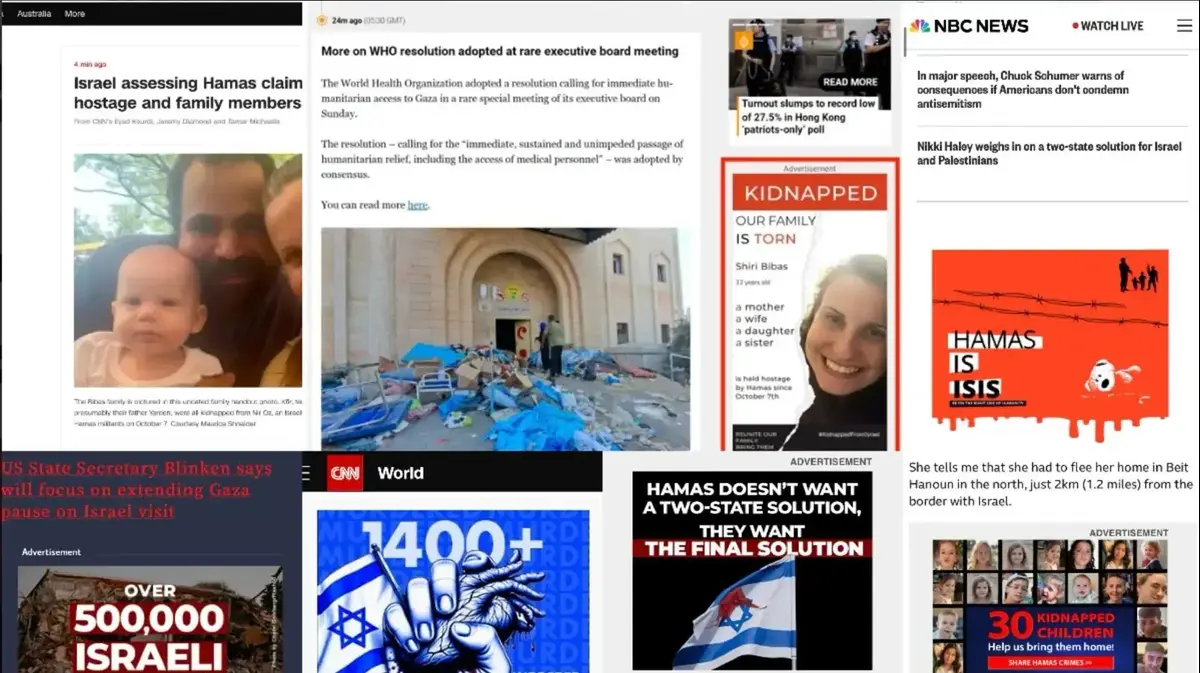The interactive crisis between Lebanon and Saudi Arabia, following the broadcast of a previous meeting of Lebanese Minister of Information, George Kordahi, on the war on Yemen, before he assumed his position in the new Lebanese government, reveals the absence of effective mechanisms to solve inter-Arab problems and the predominance of emotion and a superior view of common interests.
What Al-Qardahi said about the war on Yemen falls within the list of personal opinions that do not express the position of the Lebanese government as a whole, and it is not acceptable under any circumstance to hold the Lebanese state responsible for this, regardless of the validity of this opinion or not. It is also illogical for an Arab country that is essential in managing Arab affairs and keen on the Lebanese people to take all these escalatory measures against Lebanon, following a personal opinion. Countries allied to Saudi Arabia previously described the war on Yemen as absurd and called for it to be stopped because it serves Israeli agendas and harms both countries. The two brothers and Arab interests in general, and Riyadh did not take such a hard stance with it. The Lebanese position on the war on Yemen is well known, and it is constantly reminded by Lebanese officials.This is what Lebanese Prime Minister Najib Mikati did after broadcasting the Qardahi meeting, in order to prevent a problem in the Saudi-Lebanese relations, but it seems that Riyadh had an intention to escalate in Lebanon and deliberately exaggerated the story of Qardahi’s opinion to continue exerting pressure on Lebanon to achieve other political goals that were not Related to Qardahi's position. The prolongations of the crisis between Riyadh and Beirut and its extension to the Lebanese national resistance and linking this matter to the war on Yemen and its recent developments in Marib reveal some of the secrets of the Saudi position, which sought to close the door for the Lebanese government to find a political way out for Al-Qardahi’s opinion that would preserve the process of relations between the two countries.The prolongations of the crisis between Riyadh and Beirut and its extension to the Lebanese national resistance and linking this matter to the war on Yemen and its recent developments in Marib reveal some of the secrets of the Saudi position, which sought to close the door for the Lebanese government to find a political way out for Al-Qardahi’s opinion that would preserve the process of relations between the two countries.The prolongations of the crisis between Riyadh and Beirut and its extension to the Lebanese national resistance and linking this matter to the war on Yemen and its recent developments in Marib reveal some of the secrets of the Saudi position, which sought to close the door for the Lebanese government to find a political way out for Al-Qardahi’s opinion that would preserve the process of relations between the two countries.
Riyadh has not hidden its goals from the previous and subsequent measures that it has taken and will take against Lebanon without announcing them, and this in itself puts Lebanon in front of endless blackmails that would prejudice the general Lebanese situation and clarify the fierce attack of its Lebanese allies against Hezbollah and its allies towards the campaign, pressures and its tracks in the coming days. Which will not end even if Qardahi submitted his resignation from the government and the Saudi Foreign Ministry affirmed its concern for the Lebanese residing in the Kingdom. The decisions and measures taken by Riyadh against Lebanon and the Kingdom of Bahrain’s joining with it ostensibly aim to achieve one of the first two things: prompting Al-Qardahi to resign under the banner of “appreciating the national interest and taking the appropriate decision to reform Lebanon’s Arab relations”, thus severing the neck of the Lebanese officials and dictating their will to them and preventing them from Express their positions on the issues of the region.The second prompted the Lebanese Prime Minister to resign, and thus the return of the government formation crisis to the fore, and the risks that this poses to the Lebanese situation, and what was reported in the Lebanese and Gulf circles about Riyadh’s apprehension about the Mikati government and its lack of confidence in the possibility of producing its allies in the upcoming parliamentary elections can be seen in the positions of the head of the militia The Lebanese Forces, Samir Geagea, the head of the Future Movement, Saad Hariri, and the head of the Progressive Socialist Party, Walid Jumblatt, and their allies, which focused on holding Hezbollah responsible for harming relations with Saudi Arabia and the Gulf states.
The Lebanese government is facing a difficult test, and all of the options available to it seem to have equal consequences. Its president resign.
The search for options to resolve this crisis through the exhausted Arab family is the effective path for Lebanon and Saudi Arabia, and most importantly, its development to stop the absurd war on Yemen and its people, in order to preserve what remains of communication between Riyadh and Sana’a and to end regional and international investment in this file.








/cloudfront-eu-central-1.images.arcpublishing.com/prisa/RH4LSQ433IC6X63WQSXG2DXPNM.jpg)